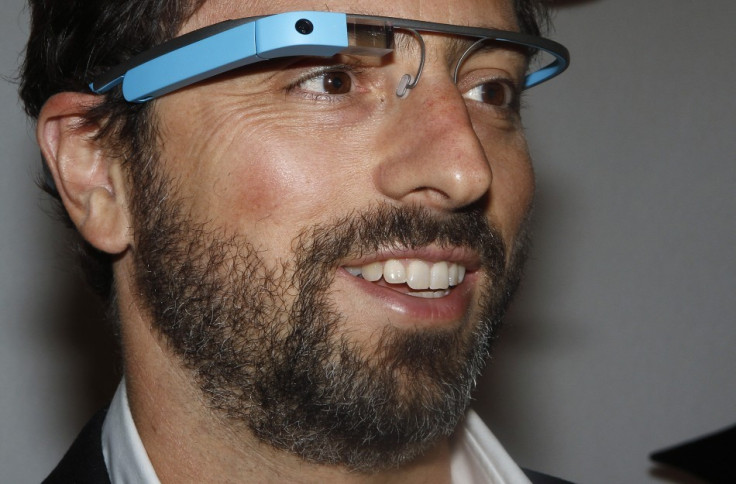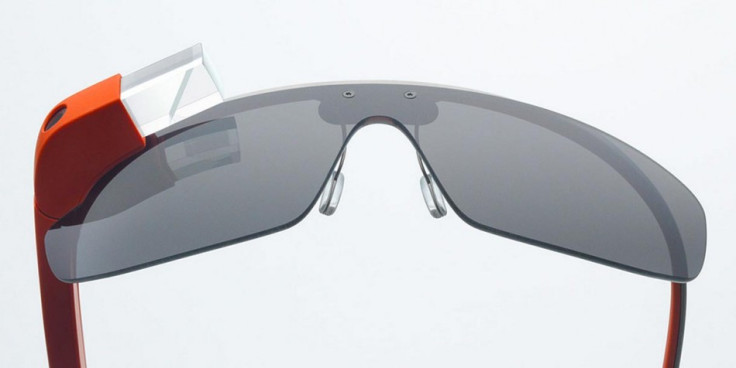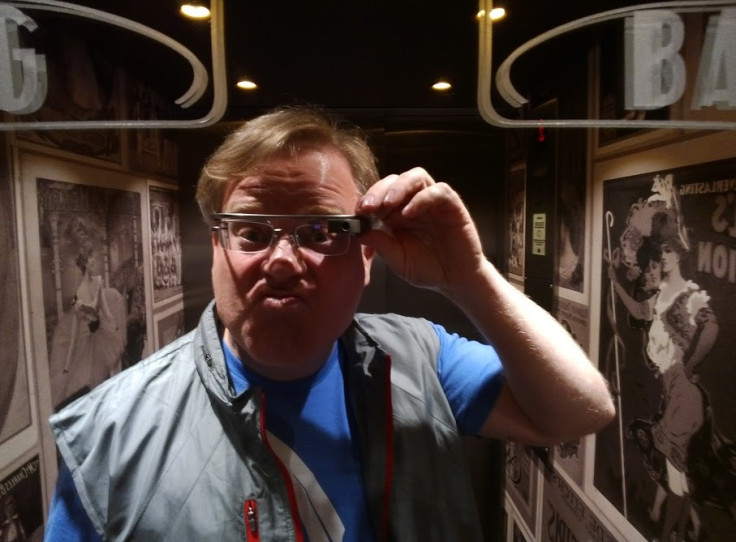Google Glass Review Round-Up - A Revolution That Will Change Your Life
Google Glass is said to be as game-changing as the original iPhone, but with "a lot of bumpy roads ahead" according to developers who have started receiving the prototype Explorer edition.

The device is as revolutionary as the first iPhone and will change the lives of its users, according to tech blogger Robert Scoble, who has published his thoughts after using Glass for two weeks.
Writing on Google+, Scoble said during his time with Glass he passed through four airports and gave five speeches while wearing them, and had received less negativity towards the head-mounted camera than expected.
"I will never live a day of my life from now on without it (or a competitor). It's that significant," Scoble said, adding: "This is the most interesting new product since the iPhone and I don't say that lightly...This has changed my life."
Google Glass will not be sold to the general public until next year, but the company recently sent out the $1,500 (£970) Explorer edition to developers interested in creating applications for the platform.
Worn like a pair of glasses, Google Glass projects an image into the user's right eye to make them aware of notifications like text messages and emails, as well as providing driving directions and results for Google searches conducted by voice command.
Privacy
The other main feature of Glass is its camera, which takes point-of-view photos and HD video when the wearer says "Ok Glass, take a picture/video," but it has also drawn criticism for potentially invading privacy, leading to one US bar banning its customers from using the device a year before it goes on sale.
Scoble said: "Most of the privacy concerns I had before coming to Germany just didn't show up. I was shocked by how few negative reactions I got."
Engadget editor-in-chief Tim Stevens has also been blogging about life with Glass, but at first couldn't find a use for them. "As for my experience on day two, other than directions downtown and back, I honestly struggled to find a good use for Glass.
"I was typically standing in front of my dual-monitor desktop, so any notification that came through on my headset, I had already seen on my PC...At home, it just isn't that useful."
Stevens also addressed the issue of security, and found that while there is nothing to stop someone taking the device and accessing your contacts, email and Google+ account, the My Glass Android app can locate a lost or stolen Glass and let the user reset it remotely, removing all content.

Value
Although developers paid $1,500 for their Glass prototype, the retail price when it goes on sale next year is expected to be much lower, with Scoble speculating Google will earn money through a micropayment system, having already banned adverts from the device.
Scoble reasons that Google is looking at two price points for Glass; $200 and $500 (£130 - £320), the former of which he expects to be "very profitable".
"When you tear apart the glasses, like someone else did, you see a bunch of parts that aren't expensive. This has been designed for mass production. In other words, millions of units. The only way Google will get there is to price them under $300. I wouldn't be shocked if Larry [Page, Google CEO] went very aggressive and priced them at $200."
With no potential advert revenue and a low retail price, Scoble believes a micropayment system in partnership with local businesses could be the answer to make Glass more profitable.
"I believe Larry Page is moving Google from an advertisement-based company to a commerce based company. The first thing I tried that it failed on was 'find me a sushi restaurant'. I'm sure that will get fixed soon and Google could collect a micropayment anytime I complete a transaction like reserving a seat at a restaurant, or getting a book delivered to my house, or telling something like [clothes store] Bloomingdales 'get me these jeans'."
Scoble went on: "There is literally billions of dollars to be made with this new commerce-based system, rather than force us to sit and look at ads, the way Facebook and tons of other services do."

Not 'if', but 'when?'
Joshua Topolsky, editor-in-chief of The Verge, has also used Glass and believes a partnership with Ray-Ban or another sunglasses company would help "normalise" the experience, but was otherwise convinced the headset is more than "one of Google's weird flights of fancy."
Topolsky concluded: "Is it ready for everyone right now? Not really. Does the Glass team still have huge distance to cover in making the experience work just the way it should every time you use it? Definitely...After a few hours with Glass, I've decided that the question is no longer 'if', but 'when?'"
Both Scoble and Techcrunch writer Drew Olanoff agree that, while Glass isn't a replacement for your smartphone (it doesn't have it's own cellular connection), the headset could help its wearer be more socially engaged with those around them and less distracted by their phones.
Olanoff said: "Every single time you take your phone out, you're telling the people that are around you that you have no interest in interacting with them for at least 30 seconds while you dive into your phone. Now, am I saying that having a screen above your eye is any less socially awkward? No. But it lets you access the same information quicker without having to stop what you're doing."
Looking ahead, Olanoff admits that Glass "has a lot of bumpy roads ahead of it," but believes developers will hold the key to its ultimate success. "They have the minds to push Glass forward as not just a geeky novelty, but as a platform to enhance our lives."
Olanoff concluded: "[Glass is] not a futuristic gadget, but something that can help us explore the world in a new way. It's going to take time, though."
Education
The overall response from developers has been positive, but then they bought Glass because they want to work with it, so were always going to be optimistic. Google will soon need to educate the general public; the mass market who will be targeted by the device next year.
Educating potential customers on what Glass is, how it can benefit them, and crucially how safe it is with regard to privacy and copyright protection will be as important as getting app developers on board.
A recent poll conducted by PC Advisor found that 48 percent of 3,600 people asked said they think Glass "will be the next big thing" while 15% answered "it's lame" and almost a fifth said "I have literally no idea what Google Glass is."
© Copyright IBTimes 2025. All rights reserved.





















